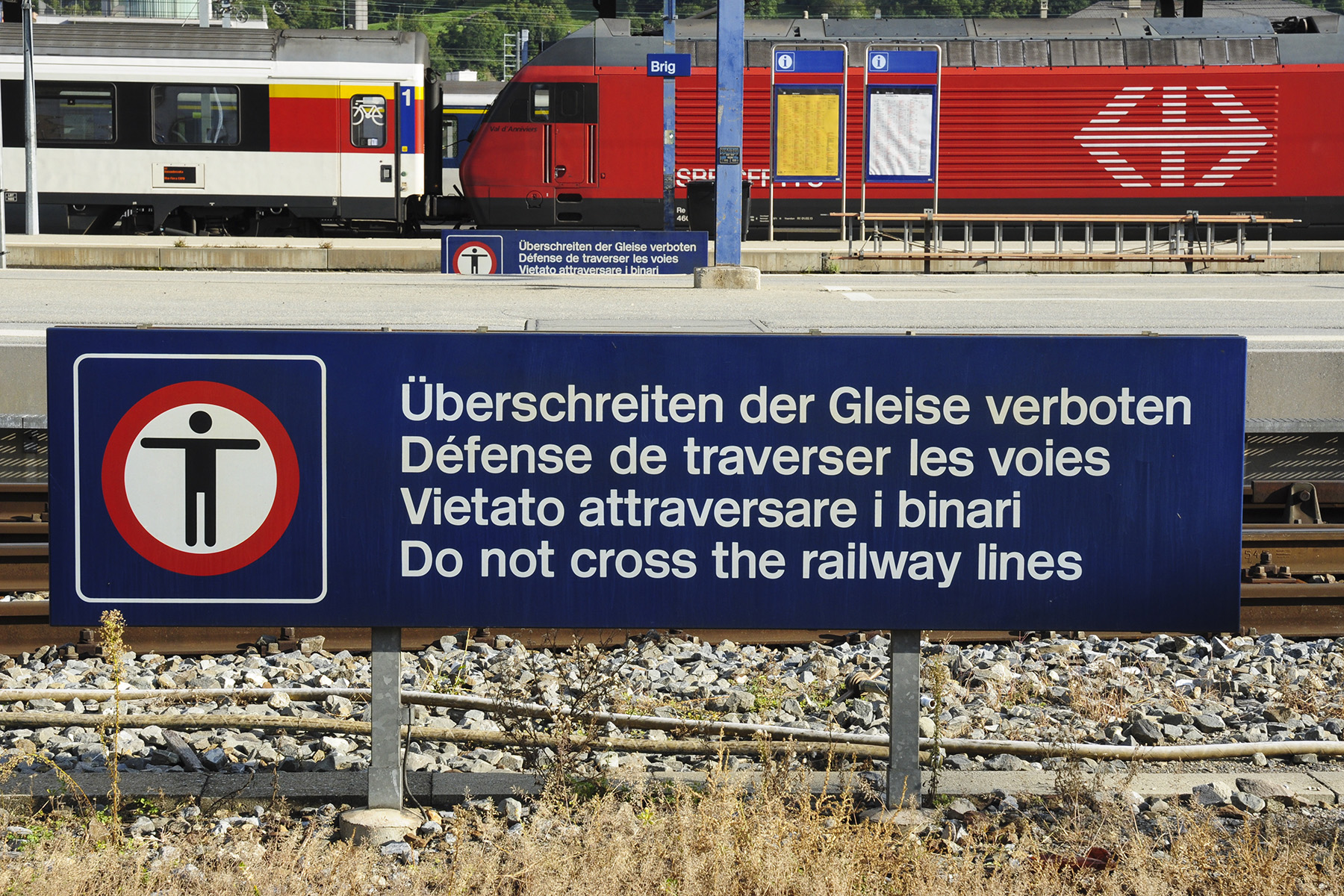
A multi-lingual train sign often seen in Switzerland. Credit: Expatica.
Over the last four or so months, I’ve picked up Italian as a new foreign language to learn. It has been a unique and quite satisfying experience for me. I’m using the italki platform as I did for part of my French learning and tidbits of German (my referral link for some free credits!). It has been a unique experience for several reasons: 1. it’s the first language for which I have already studied another language from the same family; 2. I actually hear this language being spoken where I live; 3. my teacher is around the same age as me, with similar experiences, so learning has really been quite enjoyable! It’s also probably the first language I’ve learn more or less without a fixed textbook progression and I’ve enjoyed the spontaneity and variety of lessons.
Italian was actually, in some sense, the first foreign language that I came into contact with in Year 5, at around age 10. Whilst I had been taking Chinese (Cantonese) classes on Sundays for quite a few years by that point, I was not consider that a foreign language for myself, since it was spoken at home. I’m not sure what we actually learnt in those Italian classes, since it was more for exposure’s sake, but I did pick up the Italian award at my school at the end of Year 6. Having a base of French has meant that I did not start from scratch. Since the grammar between the two is so similar, most of the work has been to work through the idiosyncrasies of the two and in that way it has been more of a comparative study. Something that I’ve found quite fascinating, but I did not encounter whilst learning French, is the regional nature of Italian languages. Whilst Italy does not have the same global reach as French does: to Africa, Polynesia and even Canada, there are so many varieties of it that are sometimes mutually unintelligible. When Italian was standardised, a process of defining vocabulary and grammar, especially of the written language, it was based on a Tuscan dialect, specifically Florentine. At that time, around the 13th century, many other forms of evolved ‘vulgar Latin’ were spoken over what we know today is the Italian territory. Fast forward to today, these languages are still spoken all over Italy, especially the further you travel from Florence. They are, however, not recognised as language in their own right, with the Italian constitution only specifying Italian as the official language.
Whilst there are certainly pockets of strongholds of regional languages in the country, for example, in Sardinia and Sicily, they are not nationally supported. This certainly mirrors efforts of the Chinese government to standardise Mandarin Chinese as the standard across China, leading to newer generations not knowing how to speak those regional languages, such as Cantonese.
Hearing Italian in Zurich and other parts of Switzerland is really quite common and reinforces its role as a national language, imported or otherwise, in this part of the world. Let’s see how much I’ll be able to integrate into the foreigner Italophone community by the end of the year!
